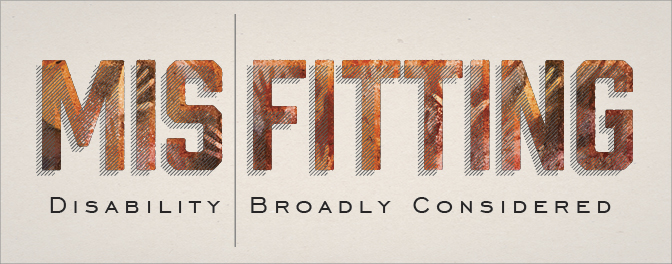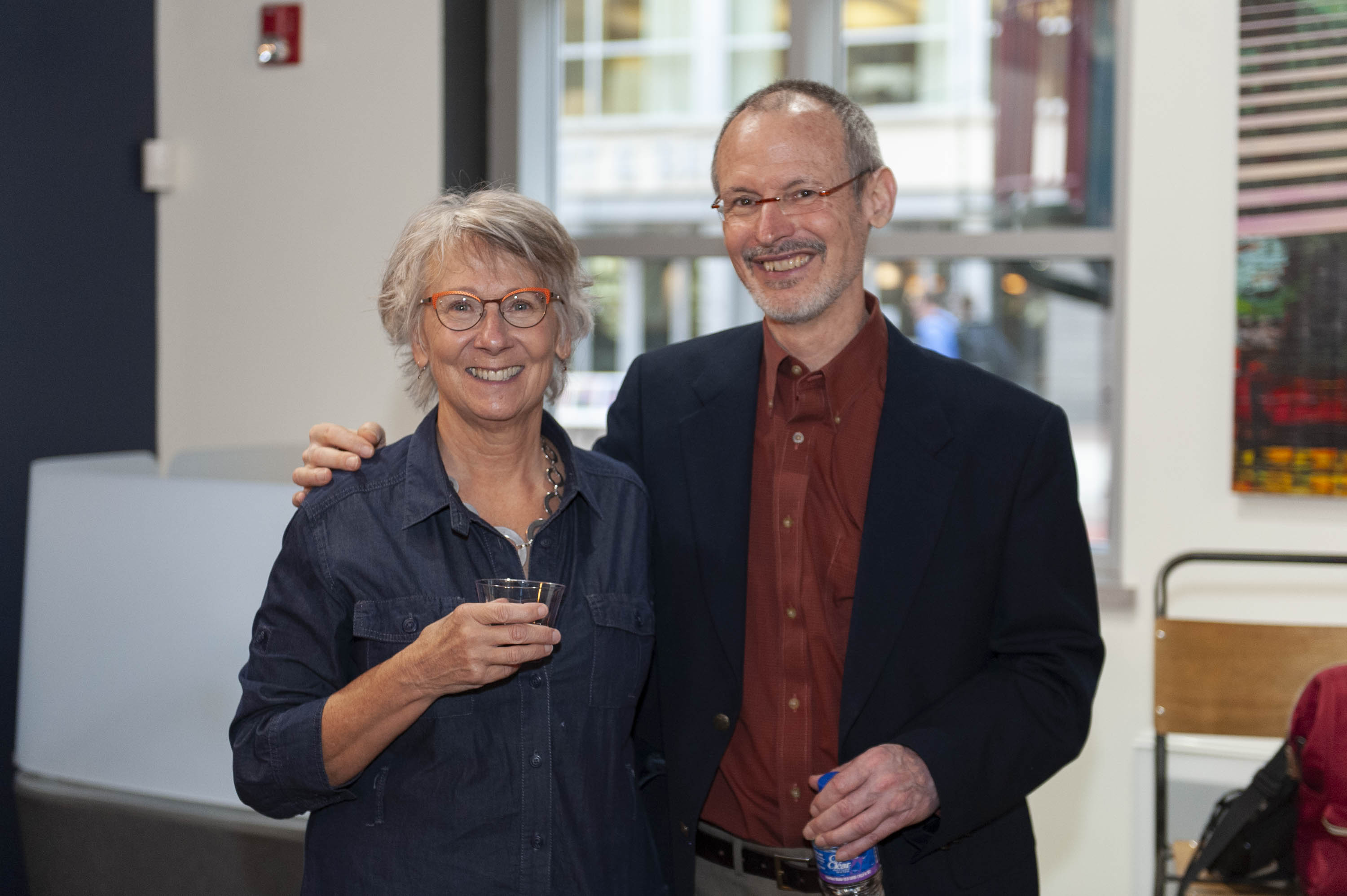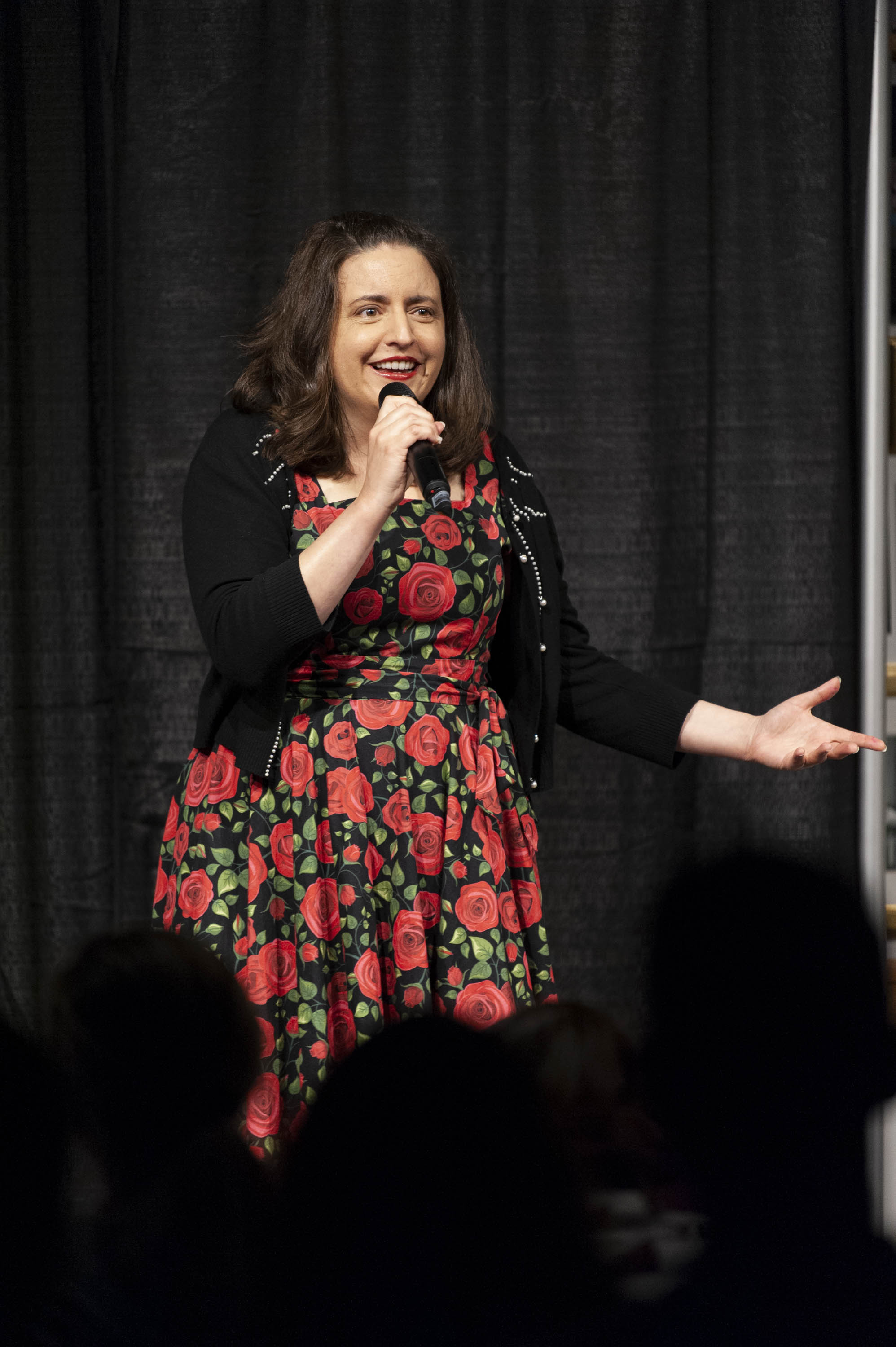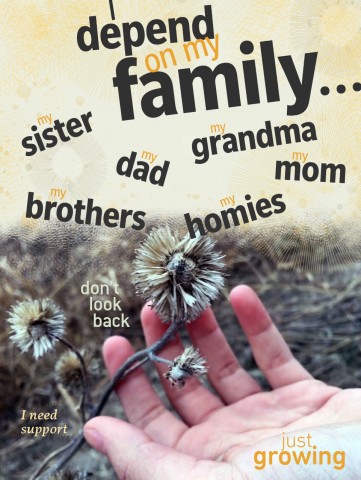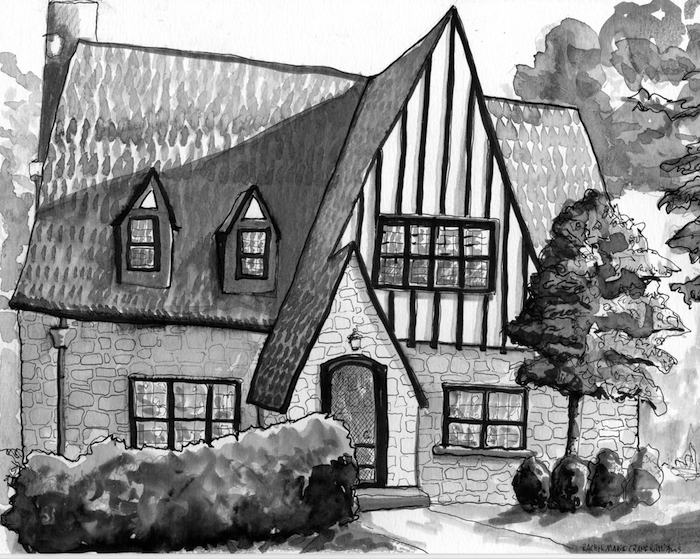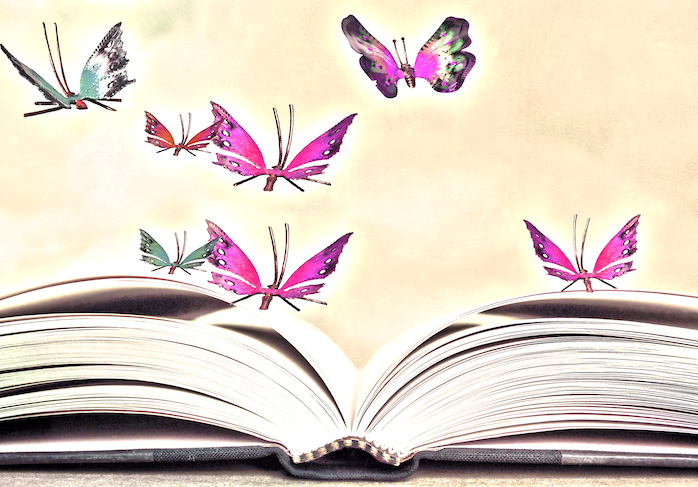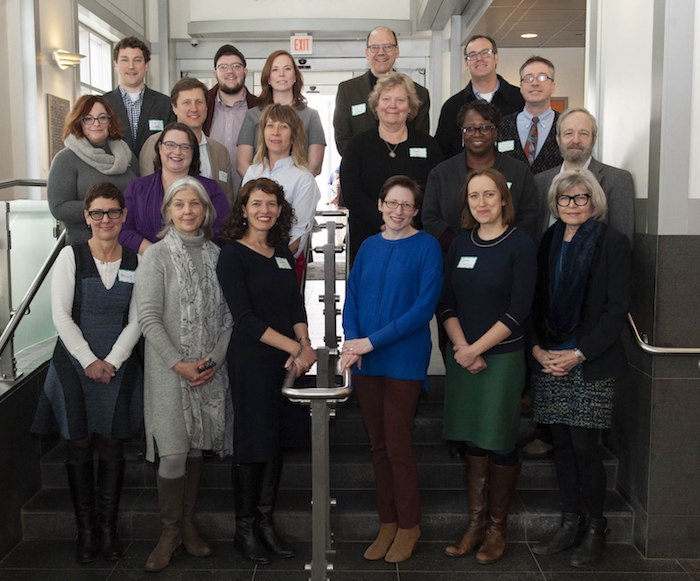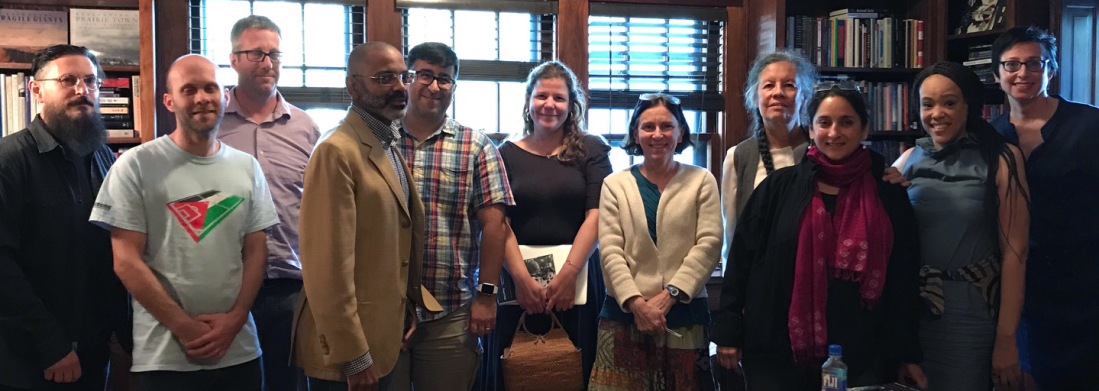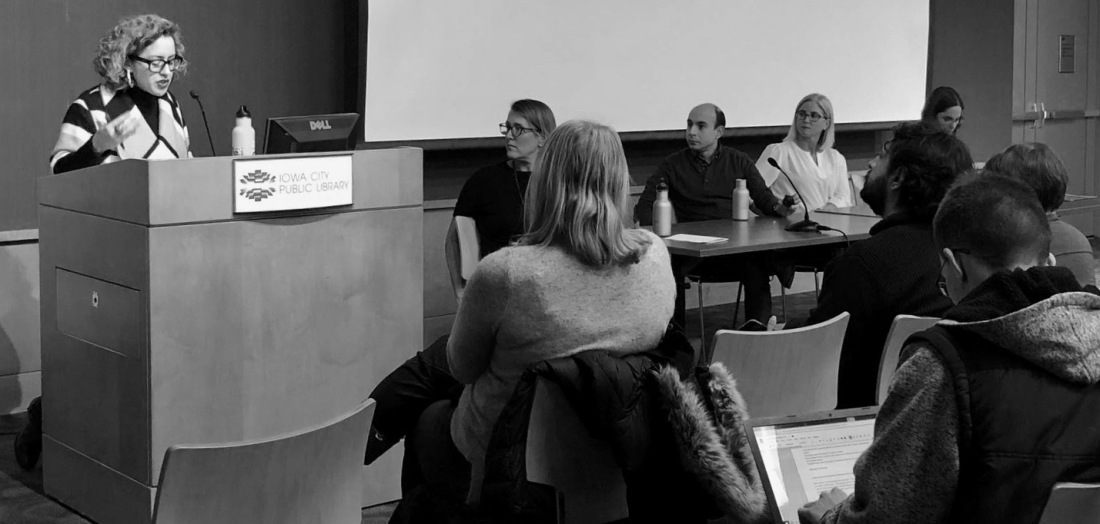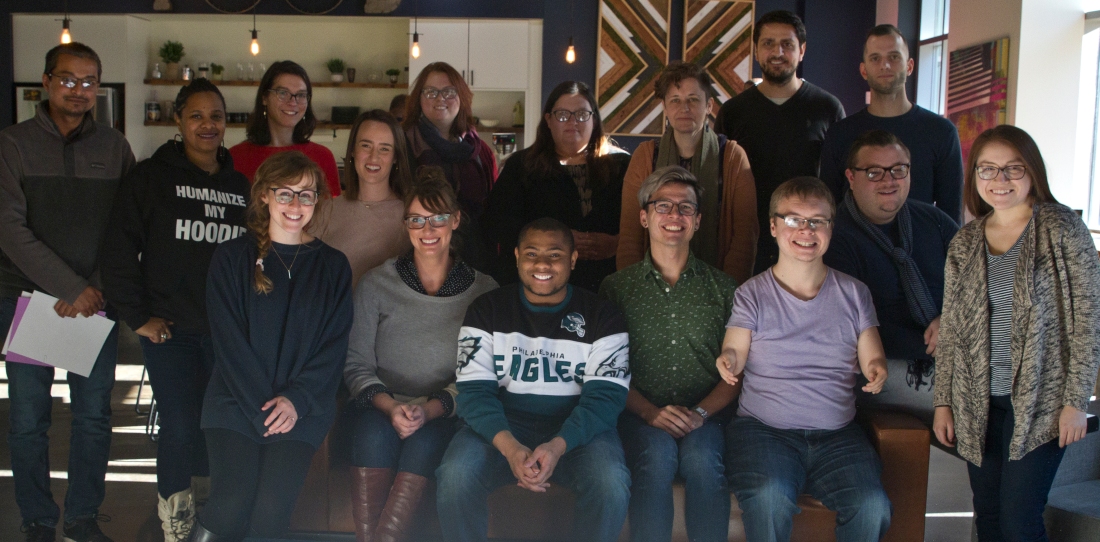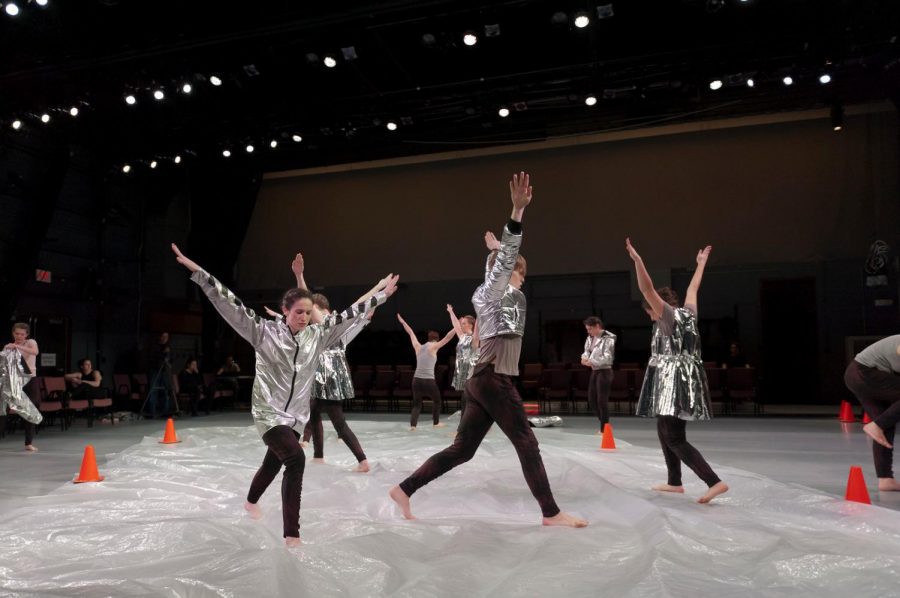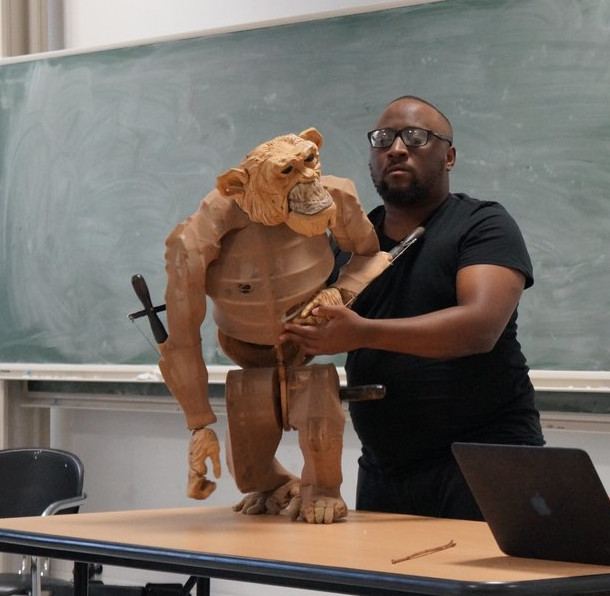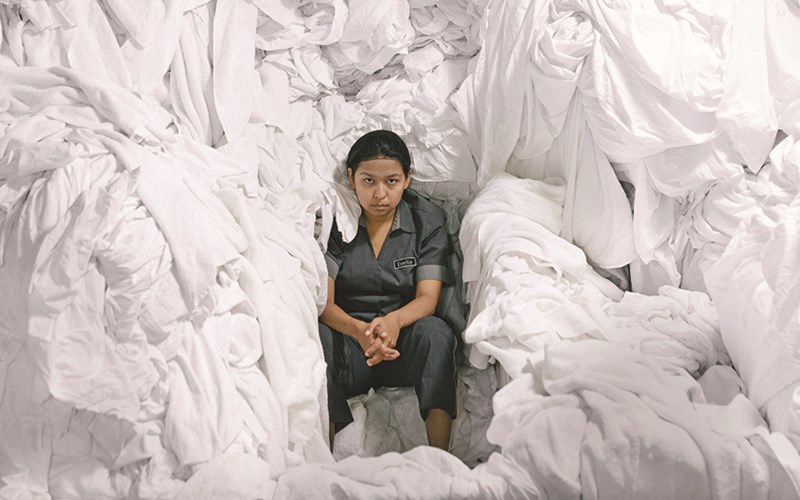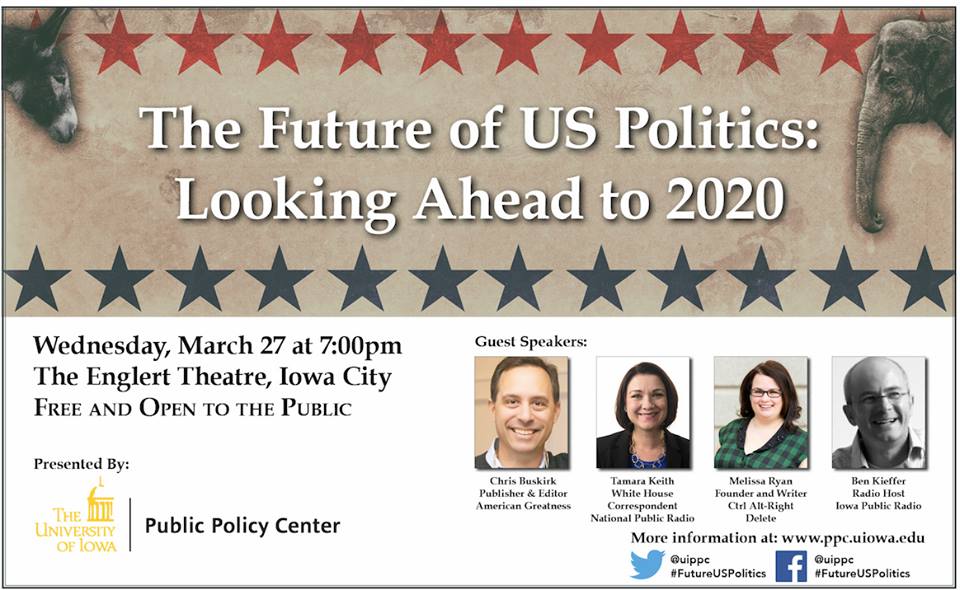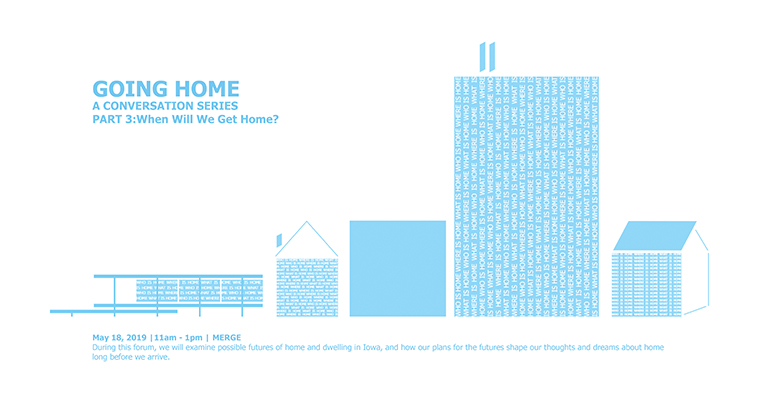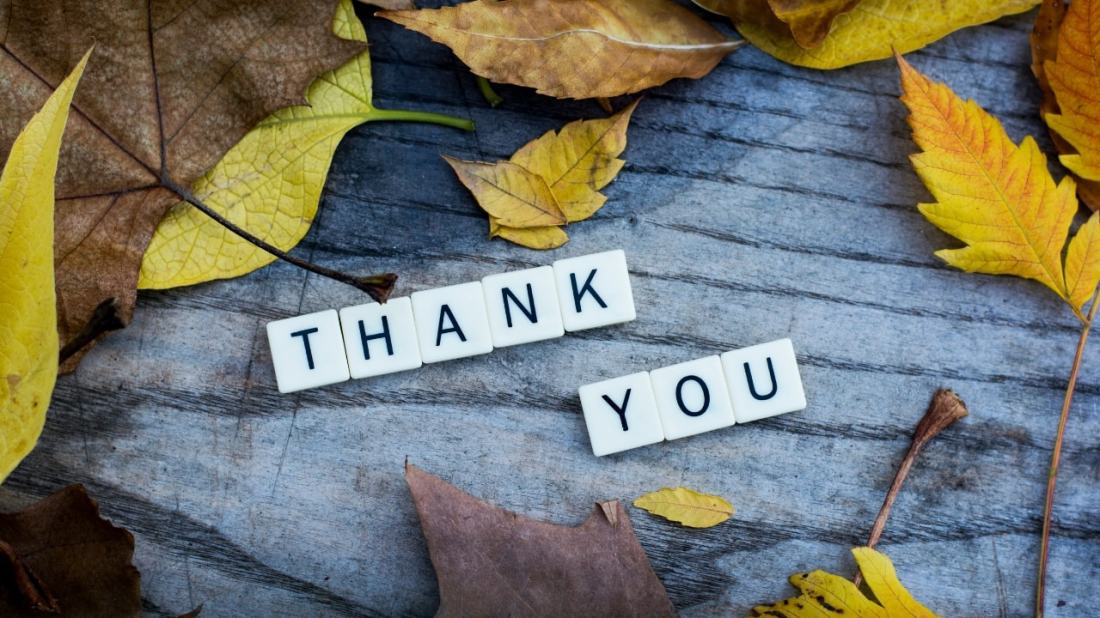The Obermann Humanities Symposium is an opportunity for UI scholars to explore an important topic using the lens of the humanities. Co-directors invite national and international speakers who provide an interdisciplinary response to the theme, and also highlight the work of UI and local experts. The symposium often includes an arts component, as well, as opportunities to share pedagogical approaches.
The 2019 Obermann Humanities Symposium, Misfitting: Disability Broadly Considered, focused on disability as a universal human experience, considering the pervasive (though often unnoticed) influence of disability on and in the performing, visual, and literary arts, in philosophy and religion, in political and economic life, and in everyday language.
Co-Directors
- Tricia Zebrowski (Communication Sciences & Disorders, CLAS)
- Douglas Baynton (History, CLAS)
Graduate Assistants
- Hope Gerlach (Communication Sciences & Disorders, CLAS)
- Corey Hickner-Johnson (English, CLAS)
Visiting Speakers
- Nina G., comedienne and advocate/educator around issues of stuttering and dyslexia
- Rosemarie Garland-Thomson, English, Emory University
- Michele Friedner, Comparative Human Development, University of Chicago
- Margaret Price, English, Ohio State University
- Sami Schalk, Gender, Women’s, and Sexuality Studies, University of Wisconsin–Madison
- Joseph Straus, Music, City University of New York
“I want to say directly to you something that I said to a lot of people after my visit to Iowa—I enjoyed meeting you and your students and colleagues SO MUCH—really more than I can say…. Thank you for that experience.”
Margaret Price
